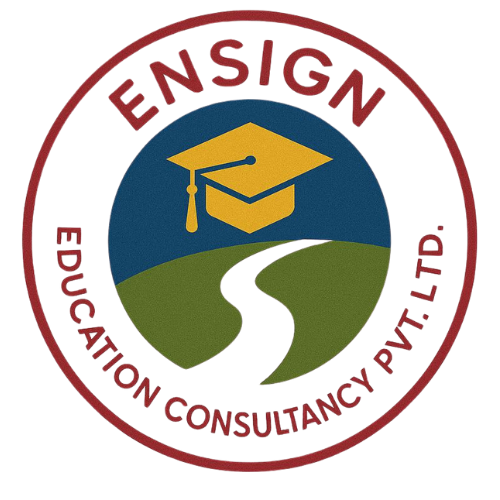Study In Denmark
Why Denmark ?
Denmark has become one of Europe’s most attractive study destinations, known for its world-class education system, innovative teaching methods, and high quality of life. Danish universities emphasize creativity, critical thinking, and problem-solving, ensuring that students gain practical skills relevant to global industries. English-taught programs are widely available, making it easy for international students to adapt. Beyond academics, Denmark is famous for its safe environment, welcoming culture, and strong commitment to sustainability and green living. With a thriving job market, especially in IT, engineering, renewable energy, and life sciences, Denmark provides excellent opportunities for students to grow both academically and professionally.
Highlights
- World-class education system with focus on innovation and research.
- Tuition-free for EU/EEA students, and affordable fees for international students compared to other European countries.
- High global ranking universities and strong emphasis on sustainability and green technology.
- Excellent quality of life with one of the happiest populations in the world.
| Types of Expenses | Annual Expenses in EUR |
|---|---|
| Tuition Fees for one year* | 6,000 – 16,000 |
| Living and Accommodation | 6,000 – 9,000 |
| Food and Personal Expenses | 3,000 – 4,500 |
| Health Insurance | 600 – 1,000 |
| Transportation | 400 – 700 |
| Books and Study Materials | 300 – 500 |
| Airfare (to/from home country) | 500 – 900 |
| Visa & Residence Permit Fees | 300 |
| Total Estimated Expenses | 17,100 – 32,200 |
Career Insights



Graduates from Denmark enjoy strong job prospects in fields like IT, engineering, business, and life sciences. Denmark is home to many international companies and is a hub for renewable energy and biotechnology. Students are allowed to work part-time during studies (up to 20 hours/week) and full-time during holidays, which helps in covering living costs and gaining valuable experience. A Danish degree also enhances employability across Europe due to its global recognition.
Popular Courses
- Renewable Energy & Sustainability Studies
- Life Sciences & Biotechnology
- Design, Architecture & Arts
- Computer Science & IT
- Engineering & Technology

Join Us On Your Journey
At Ensign, we don’t just process applications—we build futures. Let us guide you on your journey to achieving a world-class education and a brighter tomorrow.
Frequently Asked Questions
What are the admission requirements for Danish universities?
Most universities require a recognized high school diploma or bachelor’s degree, proof of English proficiency (IELTS, TOEFL, or equivalent), and sometimes entrance exams depending on the program.
Are courses in Denmark taught in English?
Yes, many bachelor’s and master’s programs are available entirely in English, making it accessible for international students.
Can I work while studying in Denmark?
Yes, international students can work 20 hours per week during the semester and full-time during holidays.

